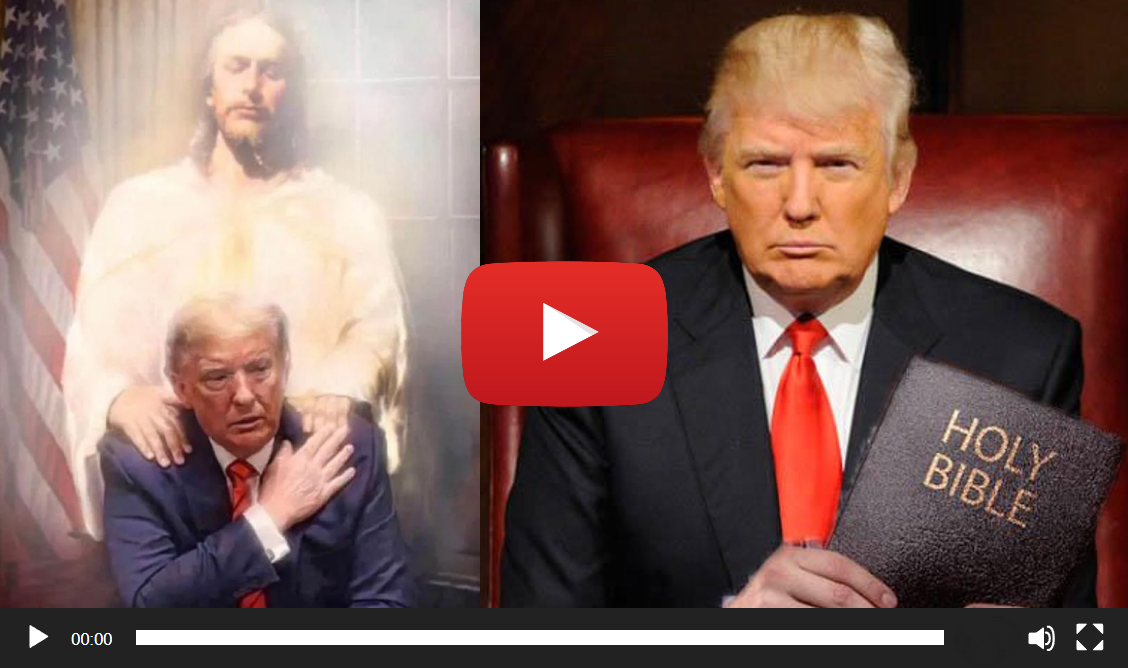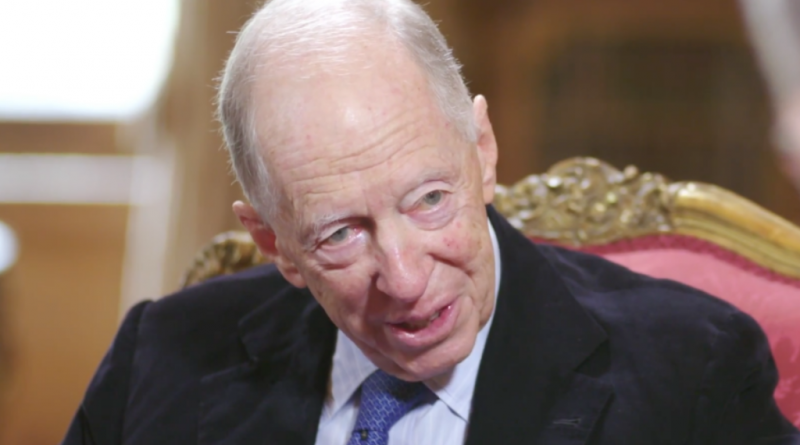In the shadows of the global stage, where the limelight of mainstream media seldom reaches, lies the true nucleus of power—a saga of dominance and control that intertwines the fates of nations, industries, and the very fabric of society. This tale isn’t spun from the threads of fiction but woven from the stark realities that govern our world.
It’s the narrative of the Rothschilds, Rockefellers, and Morgans—families whose names are synonymous not just with wealth and power but with an unparalleled influence that transcends the apparent boundaries of nations and markets.
The saga begins with the Federal Reserve Cartel, a monolith of financial and industrial might that stands unchallenged in its dominion. At its core, the Four Horsemen of Banking—Bank of America, JP Morgan Chase, Citigroup, and HSBC—forge an alliance with the Four Horsemen of Oil, including titans like Exxon Mobil and Royal Dutch/Shell. This coalition, however, is merely the surface of a deep, sprawling network that extends its tendrils into every corner of global economics and culture, including the seemingly disparate world of the music industry.
The control exerted by these families and their financial institutions is not confined to the machinations of currency and oil but infiltrates the very music we listen to. This is not a mere hypothesis but a documented maneuver by the Rockefeller dynasty, who, in the early 20th century, orchestrated a shift in the world’s standard tuning of music to a 440 pitch. A frequency that, beyond its musical implications, was known to incite aggression, distress, and a myriad of physical and emotional ailments. This adjustment was not for the sake of art but for profit, serving the financial interests of a monopoly that spans across the music industry’s landscape.
Must Watch! -> The Powerful Prayer Trump Uses to Fight the Deep State’s!

As if the manipulation of music’s very frequency wasn’t audacious enough, the late 1980s saw the Rockefellers convene a clandestine assembly of music’s elite in Los Angeles. The agenda? The inception of Controlled Rap Music, a strategy interwoven with the privatization of U.S. prisons—a sector they, along with the Rothschilds and other elite families, had vested interests in.
The plan was nefarious yet simple: promote music that fueled violence and unrest within black communities, thereby ensuring a steady influx of inmates into their privately-owned prisons. This wasn’t just a strategy for profit but a comprehensive scheme to manipulate culture, society, and economics under the guise of entertainment.
The consequences of these machinations were dire and far-reaching. By 1990, over 1,500 private prison systems incarcerated more than a million black teenagers, victims of a system rigged against them from the start. These institutions, masquerading as rehabilitation centers, functioned as nothing short of for-profit enterprises, siphoning billions from government funds, and exploiting the incarcerated with inflated prices for basic necessities.

But the reach of these families extends beyond the shores of the United States. The Rothschilds and Rockefellers, et al., find themselves at the heart of global military alliance operations aimed at dismantling the deep-seated power structures in Europe, the UK, Russia, and China. The narrative isn’t just about economic control but a battle for the very soul of global governance, with these families at the epicenter of both the visible and invisible forces that shape our world.
This isn’t just a story of wealth and power; it’s a testament to the unseen hands that mold our reality, from the music we listen to, the news we consume, to the very structure of our societies. It’s a narrative that challenges the complacency of accepted truths, urging a reevaluation of the forces that dictate the course of human history. In the intricate dance of power, these families don’t just lead; they choreograph the future with a precision and intent that belies the apparent randomness of world events.
As we stand at the crossroads of history, the revelations about the Rothschilds, Rockefellers, and Morgans serve not just as a cautionary tale but as a clarion call. It’s a narrative that demands not just our attention but our critical examination of the structures that govern our lives.
In the end, the saga of these families isn’t just their story—it’s ours, a mirror reflecting the complexities of power, control, and the unending quest for dominance in a world that seems, all too often, beyond our grasp.




